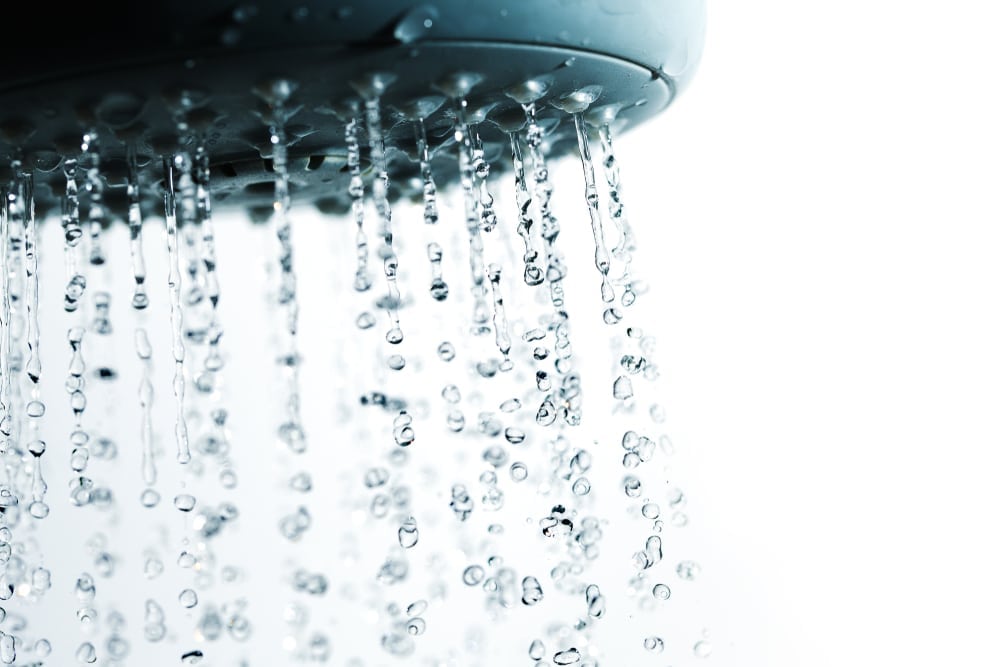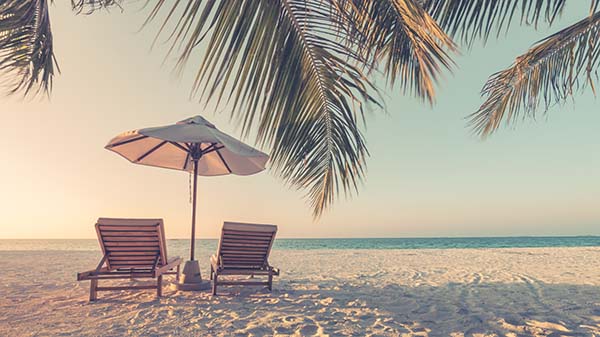Sydney Goes Grey: Greywater
What is greywater anyway? It’s the useable (once treated) wastewater from a range of sources around the home which includes your bath, bathroom basin, laundry and shower. It does not include blackwater, which is unusable wastewater from toilets.
With Australia being the world’s driest continent and the looming threat of global warming signalling a further decline in fresh water resources, being more sustainable with water is becoming a necessity more than a trend. Reusing greywater is one way to conserve this precious resource, and all it takes is setting up a greywater system.
According to LivingGreener, the average Australian household can reuse to 1,500 litres of greywater per week. If you’re interested in installing a greywater system, contact your local council – you may be eligible for a government rebate or assistance to help with the cost of installing a greywater system. However, let it be known that once you’ve set up the greywater system, you still need to make a very conscious effort to use the treated greywater in a safe manner (check your local council’s regulations) and ensure that everyone who visits your home is aware of these rules. Collecting, storing and using untreated or poorly managed greywater can be hazardous to people, pets and plants.
GREYWATER: DOs AND DON’Ts
The DOs:
- Check Metrowater for the local greywater regulations.
- Hire a licensed plumber to install your greywater system, and ensure that they pipe underground or under mulch to water your garden.
- Divert greywater to the sewer during wet periods.
- Wash your hands after watering with greywater.
- Do not use greywater if someone in your household is sick.
- Ensure that the greywater is contained within your property.
- Use garden-friendly cleaning products that are 1) biodegradable, 2) free from (or low in) sodium and phosphorous.
The DON’Ts:
- Store untreated greywater for more than 24 hours.
- Allow pets to drink greywater.
- Use greywater when watering plants to be eaten, such as vegetables or herbs.
- Use greywater from kitchens, unless it has been treated
- Use greywater that contains disinfectants and bleaches.
- Use greywater sourced from soiled nappies or clothes
Need more tips on using greywater? Join in on the conversation over at our Facebook page.








